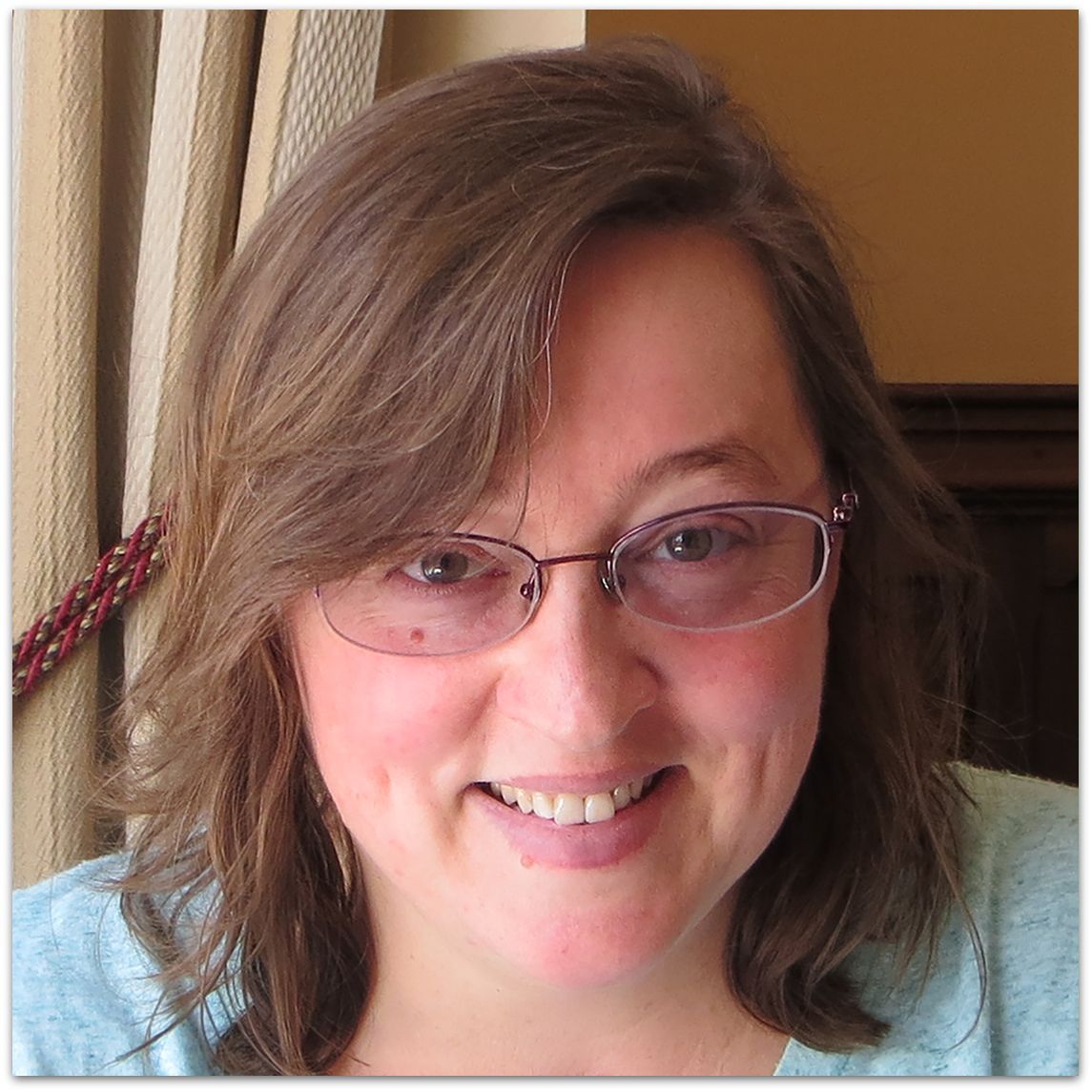
How to Write Powerhouse Scenes
You can master characterization and plotting...
...but if you don't understand how to write great scenes,
you'll still fail.
Scenes are the building blocks of your story.
If your scenes are too weak, your story will crumble.
It won't matter how awesome your characters are, or how many cool twists you've got.
The best characters and the most amazing ideas can't save a story if the scenes don't work.
Every scene in your story must...
- Escalate conflict
- Reveal character
- Generate suspense
- Advance the plot
Once you understand scene structure, you'll have the tools you need to do all this (and more).
When you get this, it becomes easy to see how the events in your story should unfold -- no more writer's block.
When you master it, you become an expert storyteller, able ramp up tension and suspense so your readers can't put down your books until they get to the end.
You do this by getting structure right at both the macro and micro levels.
MACRO STRUCTURE
Macro-structure includes the big building blocks of the scene.
A strong opening.
Compelling conflicts that reveal character and escalate as the scene unfolds.
An ending that creates suspense so that readers have to find out what happens next.
MICRO STRUCTURE
You
also have to put the scene together properly at the atomic level.
Beginning, middle and end are where you start, but they're not enough.
You need to know how to present events in the most dramatically-compelling order.
You have to get character reactions just right.
Most important, you must set up a rhythm in your scenes that gives readers the illusion that they're living your story.
Scenes are the building blocks of fiction. If you can't write a good scene, you can't write a story.
It's not that simple.
Lynn's "How to Write Kick-Ass Scenes" course teaches you EXACTLY what goes into a scene, from start to finish. She explains what should (and shouldn't) happen in each scene, depending on its purpose, the kind of conflict (if any) it features, and so on.
This course is so important, I created a notebook specifically for it. The notebook is red, so I never overlook it. And, it's on top of my bookcase of writing references.
I highly recommend this course. Even the best plot will fail if your scenes don't support it. Lynn's course shows you how to succeed.
--Eibhlin M.
Learn the Secrets to Writing Powerhouse Scenes
In How to Write Powerhouse Scenes, you'll learn:
- The different types of conflict (and why conflict isn't just about people fighting)
- How to design scenes for maximum emotional impact
- Why goal-conflict-disaster and reaction-dilemma-decision aren't enough
- How to create suspense and ramp up tension in every scene
- How to nail the openings and endings of each scene
- How to map out a scene's emotional progression, so you take readers exactly where you want them to go
- How to use stimulus-response chains to make your scenes come alive
--Maggie R.
You'll Get:
- 7 lessons in video, audio and PDF, so you can absorb the information in the way that you learn best.
- Scene brainstorming worksheets, to help you apply the concepts you're learning to your stories.
You can work at your own speed: watch, listen or read the lessons as many times as you want.
And if you have any questions, just email me and ask.
Specifically, what I like is the multi-layered approach to scene creation: from the macro to the micro, from the top to the paragraph and sentence levels.
--D.K. Fynn
Get started now!
If your plot outline is strong but your story still falls flat...
If your scenes start with a bang but fizzle out in the middle...
If writing a new scene feels like pulling teeth...
...you do.
You have a choice.
You can learn by trial-and-error, hoping to stumble into a great story.
Or you can learn to write powerful scenes that propel the reader through your stories and leave them wanting more.
If
you think about how many more sales you could make with each book (and
how many more books you could write with the time you're wasting fixing
weak scenes), you'll realize how valuable this course could be to you.
These techniques could be worth thousands--or tens of thousands--of dollars to you. Maybe more.
Not to mention the satisfaction of writing a story you KNOW is good. That's priceless.
Your Instructor

Bonnie Johnston is a writing mentor and award-winning author with a passion for teaching fiction writers how to increase the emotional impact of their stories to turn readers into fans.
She blogs at Write Smarter, Not Harder, where you can download her free ebook, Editing for Story.
She's also the author of The 30 Day Novel Workbook, The 30 Day Romance Novel Workbook, and The Writer's Guide to Getting Organized.
Bonnie would love to teach you her methods for plotting organically, creating archetypal characters, planning a series, making setting a character in your story, and much more.
Course Curriculum
-
StartWelcome and Introduction
-
StartLesson 1: The Macro Structure of Scenes (14:11)
-
StartLesson 2: Planning Scenes (37:48)
-
StartLesson 3: Beginnings (24:46)
-
StartLesson 4: Middles (25:09)
-
StartLesson 5: Emotional Shifts (18:09)
-
StartLesson 6: Endings (16:19)
-
StartLesson 7: Micro Structure (Stimulus-Response Chains) (39:33)
-
StartBonus Lesson: How to Turn Telling into Showing